
"Death is a constant threat"... A grim picture for Sudan's children on the second anniversary of the war

- Europe and Arabs
- Monday , 14 April 2025 10:23 AM GMT
Khartoum - New York: Europe and the Arabs
On the eve of the second anniversary of the conflict in Sudan on April 15, the UN Secretary-General urged the parties to immediately cease fighting and take steps towards an inclusive political process "to put Sudan on the path to peace and stability." He also renewed his call for the international community to unite its efforts "to end this horrific conflict."
As the brutal conflict in Sudan approaches its second year, the top UN official in the country issued a stark warning about the worsening situation there, the rising risk of famine, and the critical shortage of funding for relief efforts.
In an interview with UN News, Clementine Nkweta-Salami, the UN Resident and Humanitarian Coordinator in Sudan, called on the international community to renew its support for the millions affected by this crisis.
"People are in a desperate situation," she said. "We appeal to the international community not to forget Sudan, and not to forget the men, women, and children of Sudan who find themselves in this extremely difficult situation at this critical moment."
According to the UN's daily news bulletin, two years into the conflict in Sudan, the figures reveal a grim reality in which nearly 825,000 children are trapped in the vicinity of El Fasher alone, while the United Nations Children's Fund (UNICEF) warns that "death is a constant threat" looming over the lives of these young people.
Speaking from Port Sudan, Eva Hinds, UNICEF Sudan Chief of Advocacy and Communications, portrayed a bleak picture of the humanitarian situation. At the same time, she expressed little hope that the situation could improve for Sudan's children, who have paid a heavy price for a war they did not cause.
Hends told UN News that the situation is extremely difficult in El Fasher and the surrounding areas, especially Zamzam camp, where famine has been declared. "This is a place where death is a constant threat to children, whether it's from the fighting around them or the collapse of the services they rely on for survival," she said. The UNICEF official adds other alarming figures. In North Darfur, nearly 70 children have been killed or injured in less than three months, while Zamzam camp alone has seen 16% of confirmed child casualties in El Fasher as a result of shelling and airstrikes.
But the threat is not limited to shelling and fighting. Due to the closure of access roads and the targeting of villages by armed groups, the delivery of aid has become almost impossible. As a result, children and their families face severe shortages of water, food, medicine, and nutritional supplies, leading to skyrocketing prices.
With many organizations withdrawing, Eva Hinds says that the remaining partners on the ground are making strenuous efforts to confront the specter of famine and widespread malnutrition. An estimated 457,000 children are acutely malnourished, including nearly 146,000 of the severe form, which makes them 11 times more likely to die. For his part, UN Secretary-General António Guterres strongly condemned the killing of dozens of civilians in attacks on the city of El Fasher, the Zamzam and Abu Shouk camps, and other nearby sites housing displaced persons in North Darfur state. According to reports, Rapid Support Forces forces carried out coordinated ground and air attacks on the area. At least nine humanitarian workers from an international non-governmental organization were confirmed killed while operating one of the few remaining health centers in the area. There are fears that more than 100 others, including more than 20 children, were killed in the attack on Friday. In a statement attributable to his Spokesperson, the Secretary-General recalled that the number of humanitarian workers killed in Sudan has now risen to more than 90 since the conflict began in April 2023.
Mr. Guterres said that the El Fasher area has been under siege for more than a year, "depriving hundreds of thousands of people of life-saving humanitarian assistance," and noted that famine had been observed in Zamzam camp and two other camps for displaced people in the area.
He emphasized that targeted attacks against civilians and indiscriminate attacks are strictly prohibited under international humanitarian law and emphasized the need to respect and protect humanitarian and medical personnel.
He said: "The perpetrators of these attacks must be brought to justice. Safe, unhindered, and sustained access to the area, including Zamzam camp, is urgently needed. Civilians wishing to leave must be allowed to do so safely."


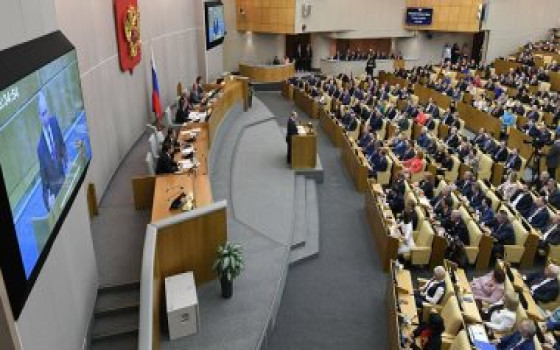
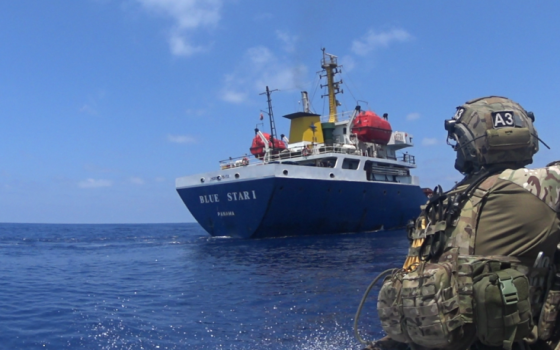
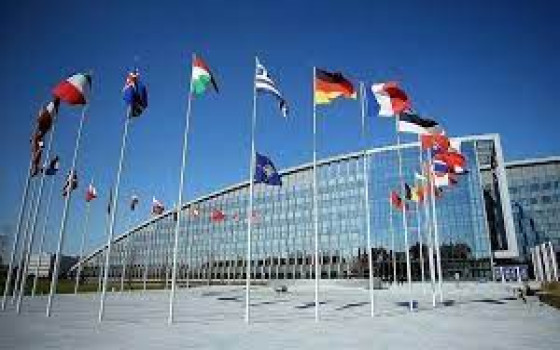
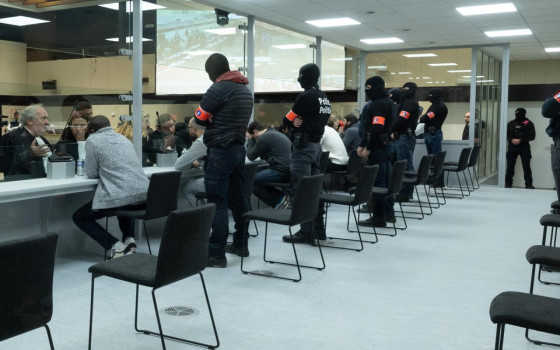
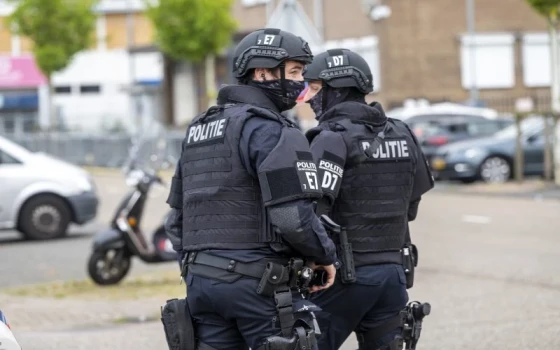
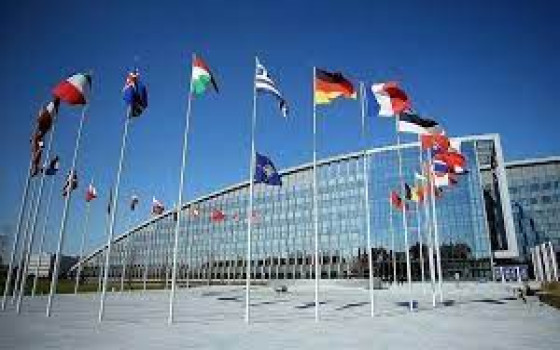
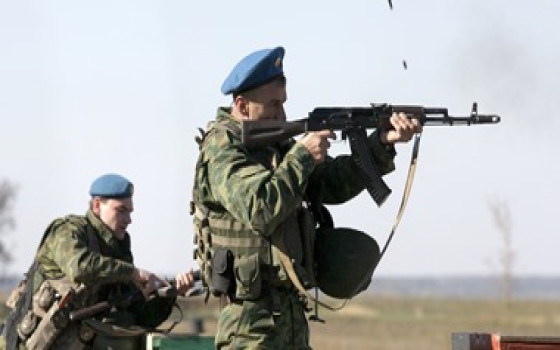
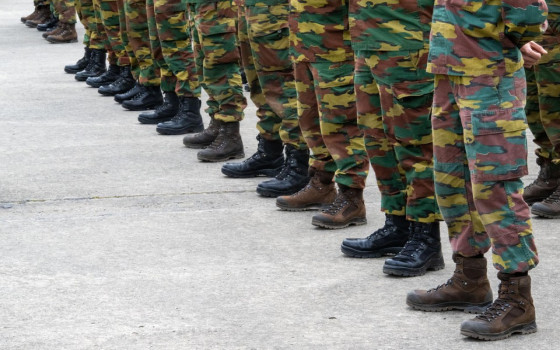

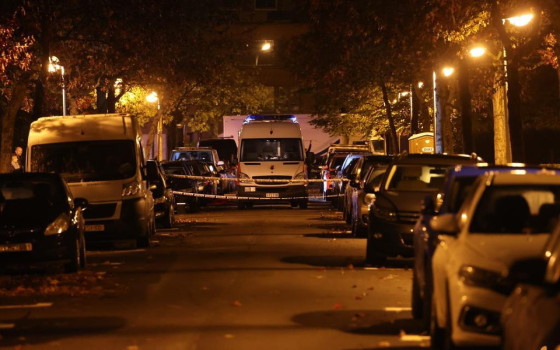
No Comments Found